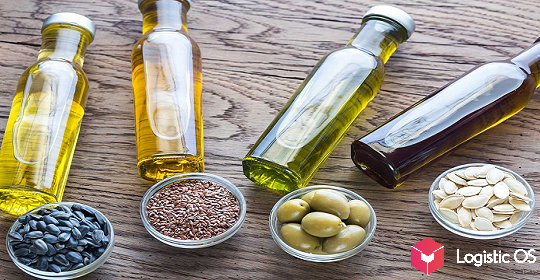On the eve of the approaching spring sowing, Russian agricultural producers shared their main difficulties.
One of the main problems is that the cost of means of production has risen significantly over the year.
For example, the rise in seed prices has become a difficult issue. According to experts, the price of corn seeds increased by 10%, sunflower seeds by 15%, and sugar beets by almost 40%.
The situation is further complicated by the fact that many seed suppliers are foreign companies, so interaction with them means sanctions difficulties.
In addition, the Russian government has set quotas for the purchase of seeds abroad, which may also become a problem for some farmers.
Problems also arise with a physical shortage of seeds. For example, a number of farmers were unable to find a sufficient quantity of sunflower seeds and sugar beets of the usual varieties on sale; as a result, they had to urgently look for new suppliers and enter into contracts with them.
At the same time, sugar beet seeds, which are mainly used by manufacturers today, are mostly imported, and there is no alternative to these seeds.
The second serious difficulty is agricultural machinery.
It is also largely imported, so for repairs you have to purchase spare parts through third countries, which delays the process and increases costs.
“This year we are forced to change a number of suppliers to Russian and imported equipment, as prices have increased by 25-30%.
We are now exploring additional supply alternatives,” notes Anna German, director of the Dary Malinovka agricultural holding.
Plant protection products are also becoming a problem. Many of them are produced, although in Russia, but from imported raw materials, and therefore their cost depends on the exchange rate, which today is not in favor of importers.
In general, sowing costs have increased significantly
“Prices for various seeds increased by an average of 15-20%, spare parts for domestic agricultural machinery increased in price by 5-10%, and imported components by 30-40%.
The most expensive increases have been in wages, as well as fuel and logistics services,” notes Andrey Neduzhko, general director of the Steppe agricultural holding.
To cope with such difficulties, the agricultural holding strives to contract and purchase everything necessary for sowing in advance.
According to the general director, this makes it possible to minimize the effect of rising prices for means of production, and this scheme works for almost all positions.
Thanks to this strategy, the company manages to minimize costs even in difficult market conditions and maintain sufficient margins.

